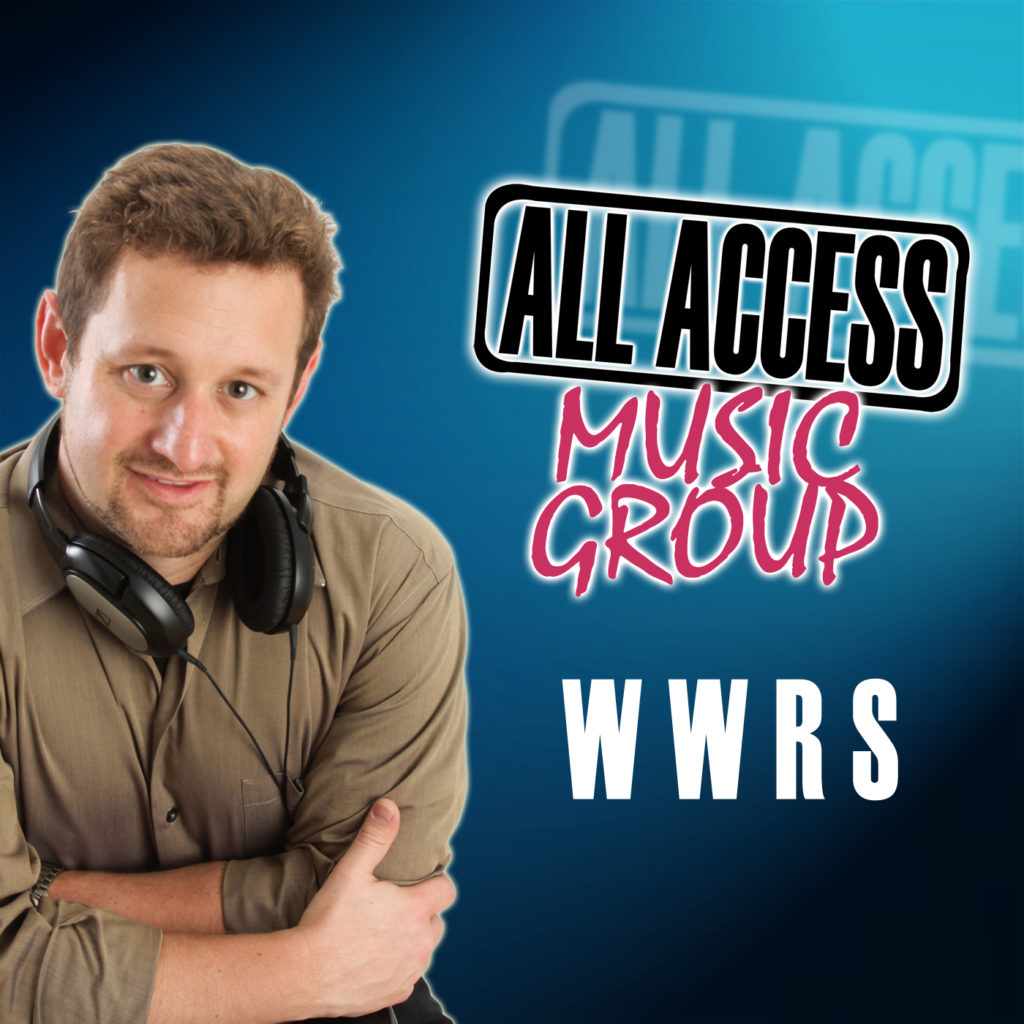
Many radio broadcasters see the excitement surrounding the podcasting space, but aren’t sure how they can dip their toes into the waters. Where do you begin? What should you launch a podcast about?
I see many broadcasters put undue pressure on themselves because they view a podcast as a never-ending commitment. It’s as if they think they’re signing up to host The Tonight Show for the rest of their lives, but with no guarantee of ever getting paid. When you look at podcasters like Marc Maron, Joe Rogan, and Kevin Smith, it’s easy to see why people think that podcasts involve producing hundreds of episodes over many years. But there’s no reason to think that all podcasting journeys — successful or otherwise — look the same as the paths that these podcasters blazed.
I often counsel broadcasters to begin their podcasting journeys with a pilot season: a finite number of episodes with a definitive end in sight. If their show takes off, they can always return for another season. If it’s a dismal failure, they can drop it in favor of something else. More often than not, it will fall somewhere in between, in which case the natural break serves as an opportunity to stop, reflect on the podcast’s strengths and shortcomings, and tweak it before entering a second season.
No matter what else happens, a new podcaster will learn the art of podcasting in the course of a pilot season. Even the most experienced broadcasters will discover nuances that make this a different art form from radio. Inevitably, you will find some things that work and others that don’t. There’s no substitute for the knowledge that comes from this type of hands-on experience.
One great way to dive into a podcast with a limited run is to latch onto an event. For example, I currently host two podcasts that revolve around events: every January, I head out to Las Vegas for CES, to see what new technologies are coming and how they might impact the radio industry. I wander the convention floor with a couple of mics and a digital recorder conducting interviews, which I then edit and publish as the CES for Radio podcast in the the following weeks.
Every spring, I head out to the Worldwide Radio Summit in southern California and record a series of interviews with leaders in the broadcasting space. Unlike the CES interviews, I don’t publish these episodes right away. Instead, I wait until the off season — the fall — to publish. I do this because it provides a reason to talk about the summit and keep it top of mind all year round. When I started, I had no idea that I would still be doing it five years later, but this podcast continues to resonate with broadcasters around the country.
Conferences and expos aren’t the only types of events that can provide fodder for podcasts. For example, television shows can also provide a fun excuse to launch a podcast. If you latch on to a new show and it becomes the next Breaking Bad or Game of Thrones, your podcast is likely to take off as well. On the other hand, if the TV show fizzles, your podcast will also come to a natural and merciful end.
You can also look for other pop culture events as a source of inspiration, such as an exhibit at the local museum, a news story, or a sports season. By finding an event that inspires you, you can take your first step into the world of podcasting without fearing that you’ve committed yourself to something in perpetuity.
Listen to Our Podcasts
- A Simple Digital Treat to Thank Your Radio Listeners This Thanksgiving - November 13, 2023
- Interview Questions When Hiring Your Radio Station’s Next Digital Marketing Manager - November 6, 2023
- A Radio Conversation with ChatGPT: Part 2 – Promotions - October 30, 2023





Leave a Reply